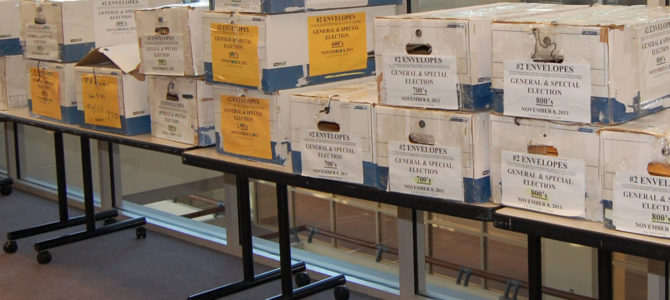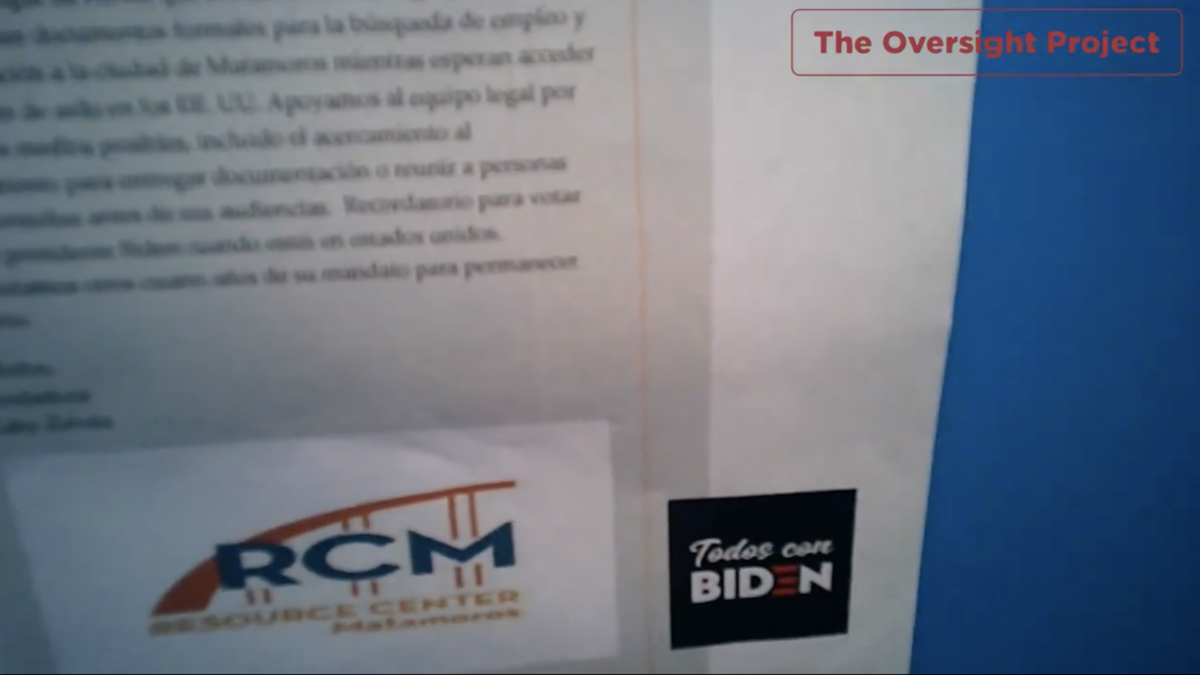“Republicans … are trying to systematically prevent ordinary citizens from making their voices heard,” former President Obama warned while campaigning in the Virginia governor’s race on Saturday. In July, President Joe Biden asserted, “There is an unfolding assault taking place in America today, an attempt to suppress and subvert the right to vote, and fair and free elections…. We’re facing the most significant test of our democracy since the Civil War. That’s not hyperbole.”
Biden claims the leaders of the other developed countries in the G7 and North Atlantic Treaty Organization are so concerned about the threat these voting regulations pose for American democracy that they asked him: “Is it going to be okay?”
Claims that voter ID laws suppress votes are a constant refrain from Democrats. It is now a central issue in the Virginia election next week, with gubernatorial candidate Terry McAuliffe campaigning again on Sunday with Stacey Abrams, who claims that voter suppression stole her election as governor of Georgia. Republican gubernatorial candidate Glenn Youngkin is pushing back with campaign ads.
Fairfax County, Virginia, is being sued for its unwillingness to follow one of the few remaining anti-fraud rules for hundreds of absentee ballots. But if photo ID and absentee ballot rules are really “anti-democratic,” all of Europe and virtually all developed countries in the world are anti-democratic.
The Crime Prevention Research Center, which I run, has compiled a database on voting rules worldwide. It shows that election integrity measures are widely accepted globally, and have often been adopted by countries after they have experienced fraud under looser voting regulations.
Voter ID Required Throughout Europe
All 47 European countries, except parts of the United Kingdom, require a government-issued photo ID to vote. Now, the UK has introduced legislation to mandate IDs in the rest of their country. Only seven U.S. states have similarly strong photo ID requirements.
In the United States, merely requiring a unique ID number for absentee ballots generated corporate boycotts in Georgia. Compare that with Europe, where 74 percent of countries entirely ban absentee voting for citizens who reside domestically. Another 21 percent require people to collect their absentee ballots in-person and to present photo ID. Some of those countries limit absentee voting to those who are hospitalized or in the military, and they require third-party verification plus photo voter ID.
Even during the lockdowns, few exceptions were made to this standard in Europe, unlike in the United States. Poland allowed mail-in ballots for everyone last year as a one-time measure, as did two cities in Russia. But Poland’s plan played out so poorly that it dissuaded other countries from following suit. France made more limited exceptions, temporarily allowing sick or at-risk individuals to vote absentee.
In some countries, even driver’s licenses aren’t considered authoritative enough forms of voter identity verification. The Czech Republic and Russia require passports or military-issued IDs. Other countries use national identity cards. Still others, such as Colombia and Mexico, require a biometric voter ID.
The fact-checkers should have had a field day investigating Biden’s claims of European leaders’ concerns about the threat photo ID and absentee ballot requirements have for democracy. Instead, it’s been crickets.
U.K. Voter Fraud Solved with Stricter ID Rules
Although the rest of the developed world also debates how to balance voter fraud prevention with ease of voting, there seems to be a general consensus across political parties that people need to verify their identities. Some countries have learned their lesson the hard way.
In Northern Ireland, where a bitter sectarian conflict extended to hardball electoral machinations, voter fraud was described as “widespread and systemic” on all sides. As a result, both Conservative and Labour governments instituted reforms. In 1985, the UK started requiring identification in Northern Ireland before ballots could be issued.
But that proved insufficient. A 1998 Select Committee on Northern Ireland report found that medical cards were used as IDs and could be “easily forged or applied for fraudulently,” thus allowing non-existent people to vote. By 2002, the Labour government made voter identification cards much more difficult to forge and used other rules to prevent people from registering to vote multiple times. These anti-fraud provisions led to an immediate 11 percent reduction in total registrations, which the Labour government felt proved the extent of earlier fraud.
One study in Northern Ireland before the 2002 reforms interviewed Brendan Hughes, a former IRA Belfast commander. Hughes described how he used a fleet of taxis to ferry fraudulent voters from one polling station to another, and how wigs, clothes, and glasses were used to alter voters’ appearances.
Democrats and the media ignore the rules in the rest of the world because no one would take seriously their claims that all these countries are anti-democratic.







